japanese and western contrasted
jeepster
18 years ago
Related Stories
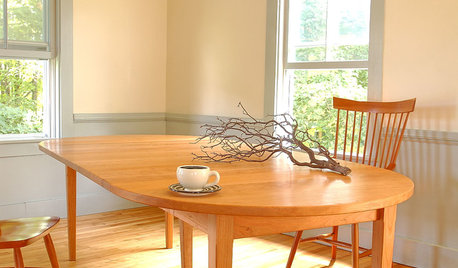
DECORATING GUIDESStrange but True Parallels Between Early Western and Old Japanese Style
Part 1 of our 'wabi-sabi' series: in which Shaker and Arts and Crafts designs reveal simplicity, modesty and integrity
Full Story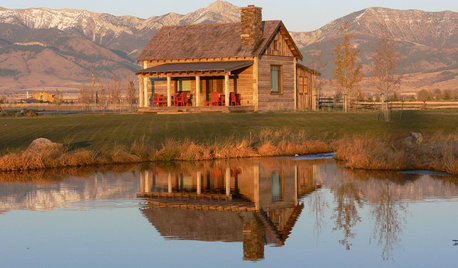
DECORATING GUIDESFresh Take: 15 New Ways With Western Style
Crisp contrasts and clever interpretations are updating the home-on-the-range style
Full Story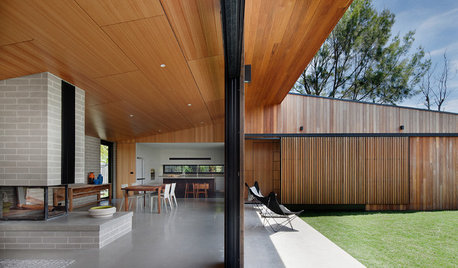
ARCHITECTUREDesign Workshop: How the Japanese Porch Makes a Home Feel Larger
The Japanese ‘engawa,’ a roofed transitional zone and social space, blurs the lines between indoors and out
Full Story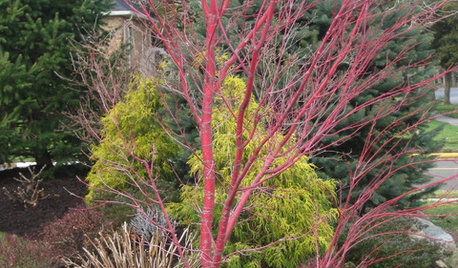
TREESGreat Design Plant: Coral Bark Japanese Maple, a Winter Standout
Go for garden gusto during the chilly season with the fiery red stems of this unusual Japanese maple
Full Story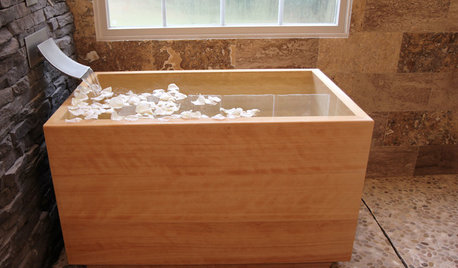
BATHTUBSRoom of the Day: Restorative Power of a Japanese Soaking Tub
A traditional tub made of hinoki wood sets a calming tone in this master bath renovation
Full Story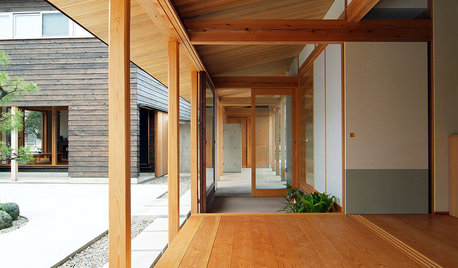
HOMES AROUND THE WORLDEast Meets West in 3 Modern Japanese Homes
Contemporary Japanese houses often mix traditional and Western elements. These hybrids offer the best of both worlds
Full Story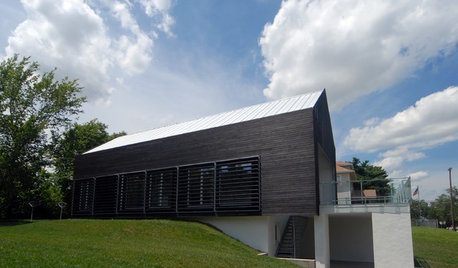
REMODELING GUIDES'Yakisugi-ita' Is Setting the Siding World on Fire
Exterior wood siding created by a Japanese burning technique is now alighting in the Western world
Full Story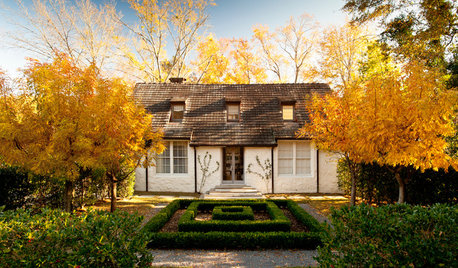
GARDENING GUIDES6 Plants for Colorful Fall Foliage in the Water-Wise Western Garden
Try these colorful, drought-tolerant additions to your garden for a fall season filled with color
Full Story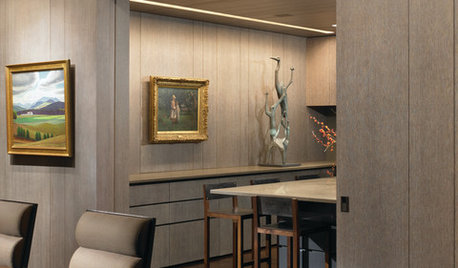
DECORATING GUIDESThe Beauty of Contrast: Traditional Art in Contemporary Rooms
Add richness and depth to a sleek interior using artwork from tribal artifacts to old-world paintings
Full Story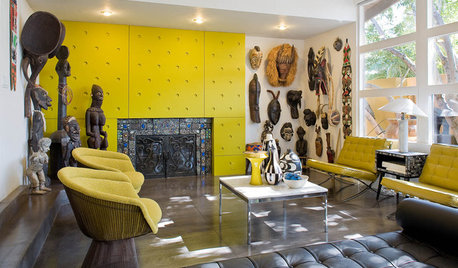
DECORATING GUIDESThe Beauty of Contrast: Global Furnishings in Modern Spaces
See how pieces from different cultures can make a world of difference in a clean-lined interior
Full StorySponsored






Herb
jeepsterOriginal Author
Related Professionals
Fillmore Landscape Architects & Landscape Designers · Port Royal Landscape Architects & Landscape Designers · Allentown Landscape Contractors · Buford Landscape Contractors · Springfield Landscape Contractors · Stoughton Landscape Contractors · Wakefield Landscape Contractors · Bedford Heights Landscape Contractors · Dallas Landscape Contractors · Dedham Landscape Contractors · Lewisville Landscape Contractors · Oxnard Landscape Contractors · Pueblo West Landscape Contractors · Teaneck Landscape Contractors · Wickliffe Landscape ContractorsCytania
jeepsterOriginal Author
Cytania